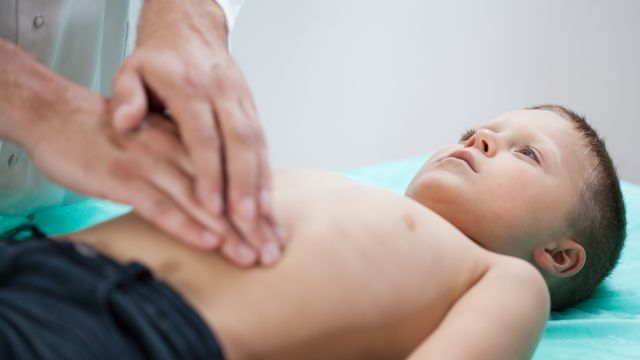Updated on September 27, 2024.
Are you preparing your child for a surgery or other major medical procedure? If so, it's a bad idea to fib about or downplay the possibility of pain your child may experience when unpleasant tests or procedures need to be done. After all, you wouldn't be in the emergency department (ED) if there wasn't something really wrong.
Tell the truth
Kids are pretty smart creatures. You know your child best, but you shouldn't try to trick them into thinking that getting their arm reset, for example, isn't going to hurt. It's best to be honest and tell them that it will hurt for a moment, but then everything will be okay.
Of course, that may not be completely honest, but it's honest enough. Don't lie and say it won't hurt in order to assuage fear or offer hope. That will only work once, and then they'll be certain that every subsequent procedure will be agonizing, no matter what you say.
Simple explanations help
Young kids will be helped by a simple explanation and maybe even a drawing of what is going to happen, while older kids may appreciate more information. Making comparisons to other ouches can be helpful.
For example, if your child is afraid of a shot, you can say it will hurt for a second, just like a pinch or a bug bite, but then it'll stop.
The pediatrician may ask your child to yell "Ouch!" or use another tactic to distract them from the pain. Do your best to get them some real pain relief whenever possible, too. If your child needs to get a shot, have blood drawn, or get stitches, ask about "ouchless" options.
For example, there's a numbing cream the doctor can apply to the skin through a patch, but it takes about 1 hour to work. For minor cuts or lacerations, you can ask the doctor if skin tape (called Steri-Strips) or skin glue might work instead of stitches.






